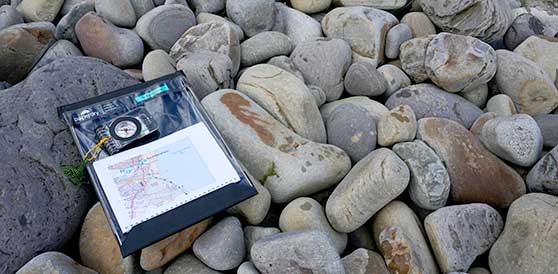Introduction
Sciences in action
Out of the classroom
Field trips are key to all our degrees, a unique chance to see science at play with your own eyes.
Head to geologically and environmentally fascinating locations in the UK and abroad, including Italy, Germany, France and Tenerife. Get a true feel for life as a geologist, geochemist or an environmental scientist.
We need Earth and environmental scientists because the world needs...
Analysts
To understand our world’s big picture, we need people who can study it in detail, from microscopes to computer modelling.
Detectives
With minimal evidence and a strong scientific foundation, we need to learn from Earth's past to prepare for the future.

Planners
Understanding how the environment is affected by human activity is vital as we strategise to mitigate our impact.

Advocates
We need science communicators who can make the case for policies that transform energy, climate and the environment.

Explorers
From finding new resources to visiting unknown ocean environments, there’s still so much more to explore.

Leaders
With a grasp of how so many things overlap, we need leaders to take action and move our society towards climate goals.

Core topics
Core topics in Earth and environmental science
Geology
Rocks around us keep a record of the dramatic processes that shape our planet, slowly over millions of years, before they explode into eruptions and earthquakes that shake it to the core.
Geologists make use of chemistry, physics and biology as well as the evidence of their own eyes in the field to bring the Earth’s 4 billion year history to life.
Discover landscapes that existed millions of years ago, the extreme conditions that created resources vital to our modern society and how life adapted, survived and thrived through it all.
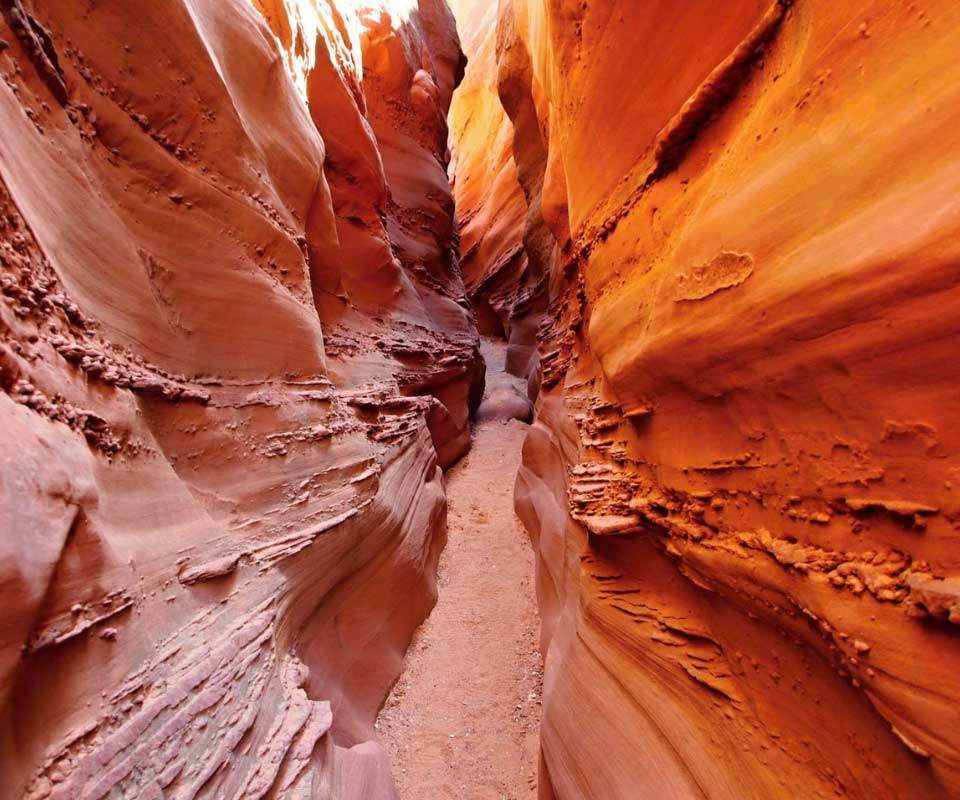
Environmental science
Human activity is changing the world and environment we live in.
Environmental scientists confront these changes by studying the Earth's systems that sustain life and the effects of pollution on water, air, and soil.
Outside the lab, the lines between physics, biology, and chemistry blur as they all contribute to understanding our environment.
Discover our world's ecology and learn how to conserve the ecosystems and biodiversity that are essential for a thriving planet.
Image credit: NASA's Goddard Space Flight Center/Global Modeling and Assimilation Office.
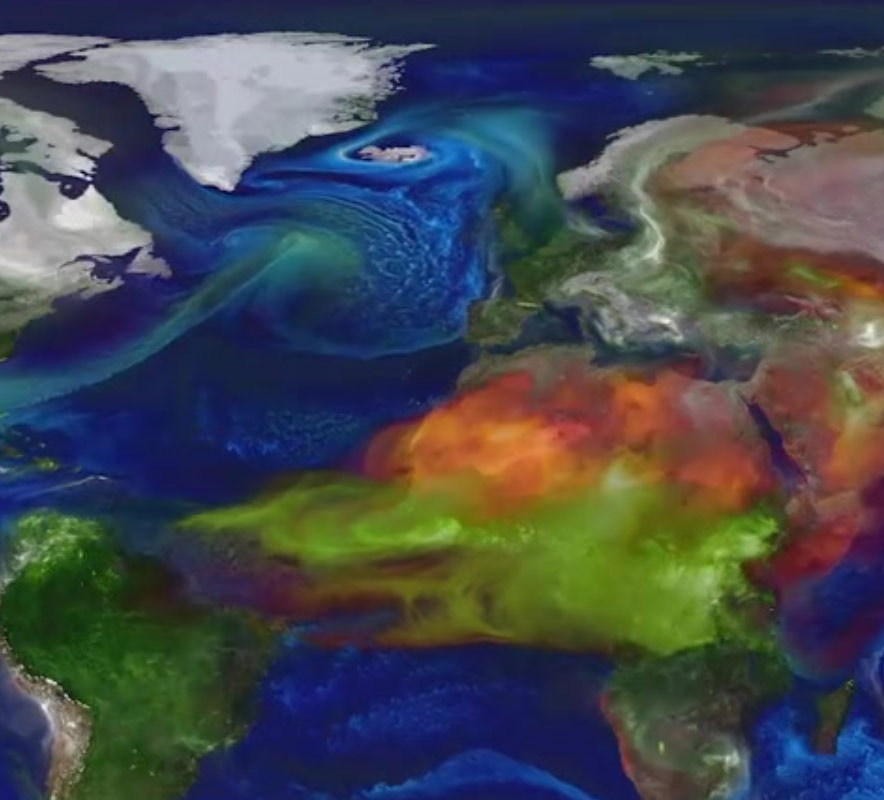
Planetary science
What can the geology of the moon and other planets tell us about our own, and could there be life out there in the solar system?
Working on a truly massive scale, planetary scientists set out to understand planets, moons and even dust, as they hurtle through the cosmos.
Whether they’ve fallen to Earth, or been brought back by us, the chance to study samples of asteroids or other bodies is out of this world!
Hold in your hands, samples that date back to the early days of the solar system, and use cutting edge techniques to bring this ancient time to life.
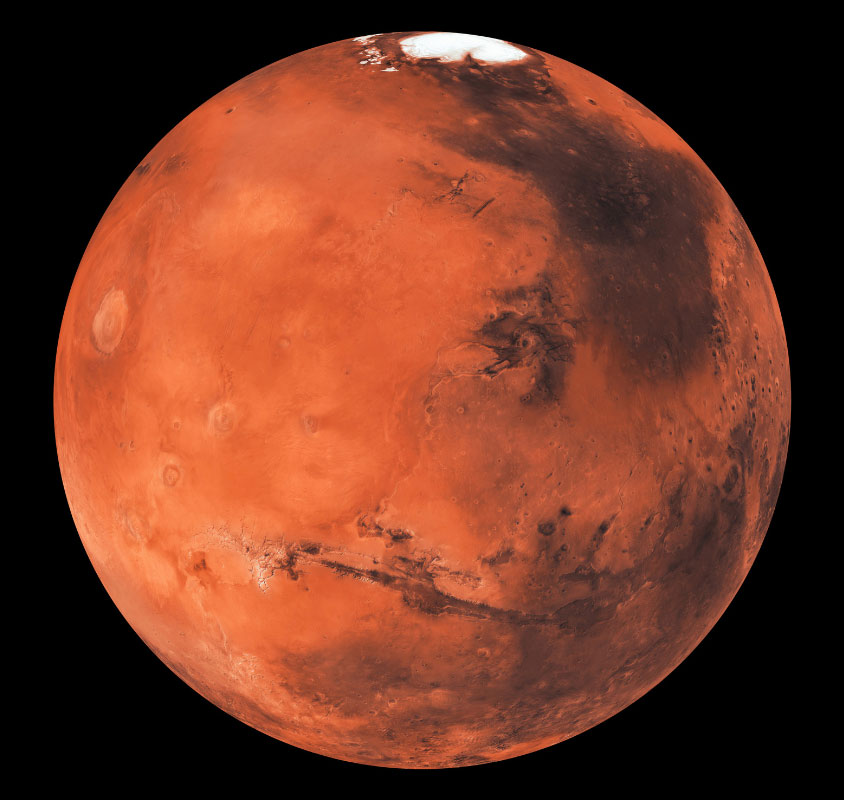
Our courses
Earth and planetary sciences
Find undergraduate courses for 2025 entry, with links to UCAS.
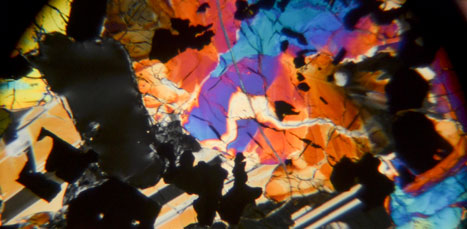
Environmental science
Find undergraduate courses for 2025 entry, with links to UCAS.
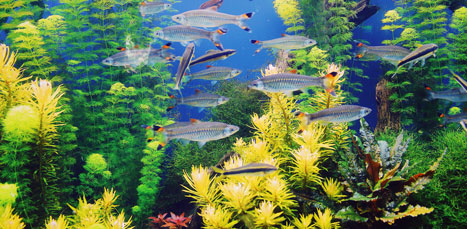
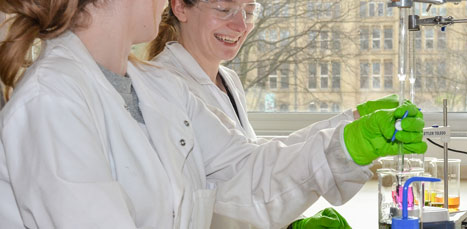
Engage

Explore our subject brochure
Learn more about our courses and pathways, as well as how we teach Earth and environmental sciences at Manchester, including our common first year.
Where next?
Sign up if you’d like to explore everything Earth and environmental sciences, while learning all about university life.
We’ll let you know about everything going on at Manchester, from news, events and more!
